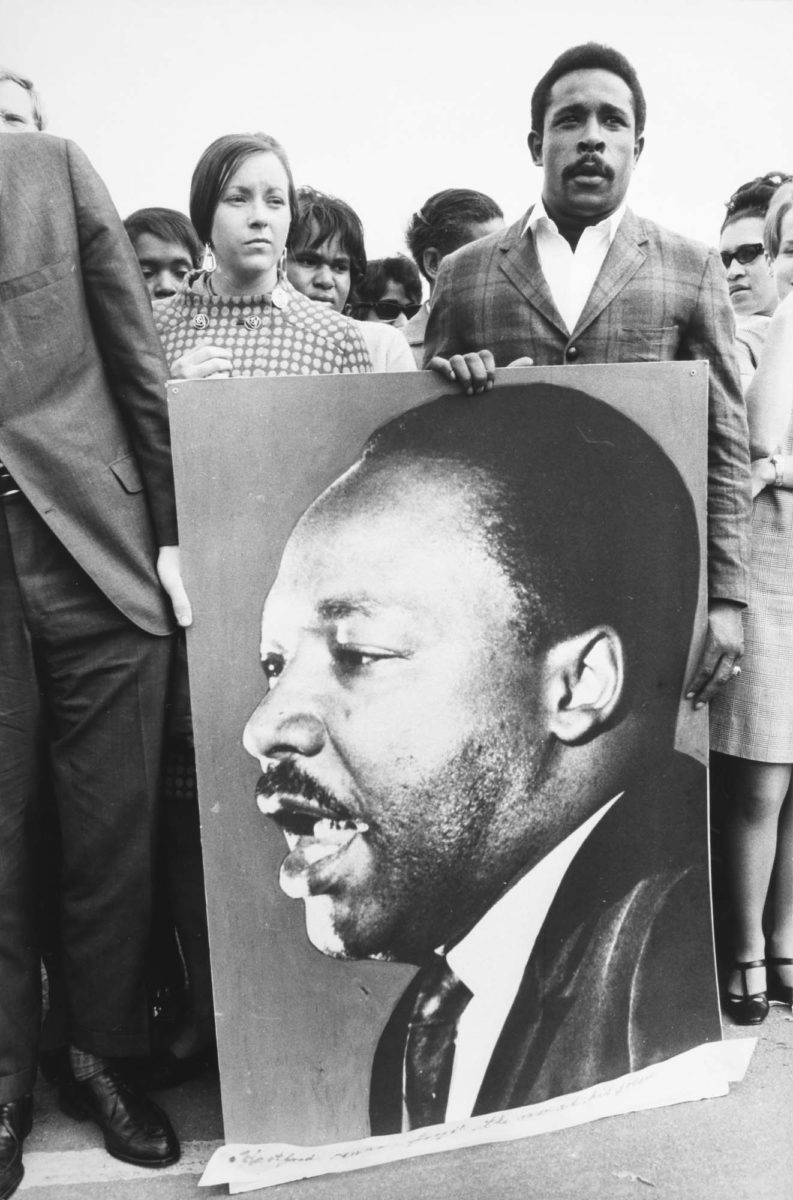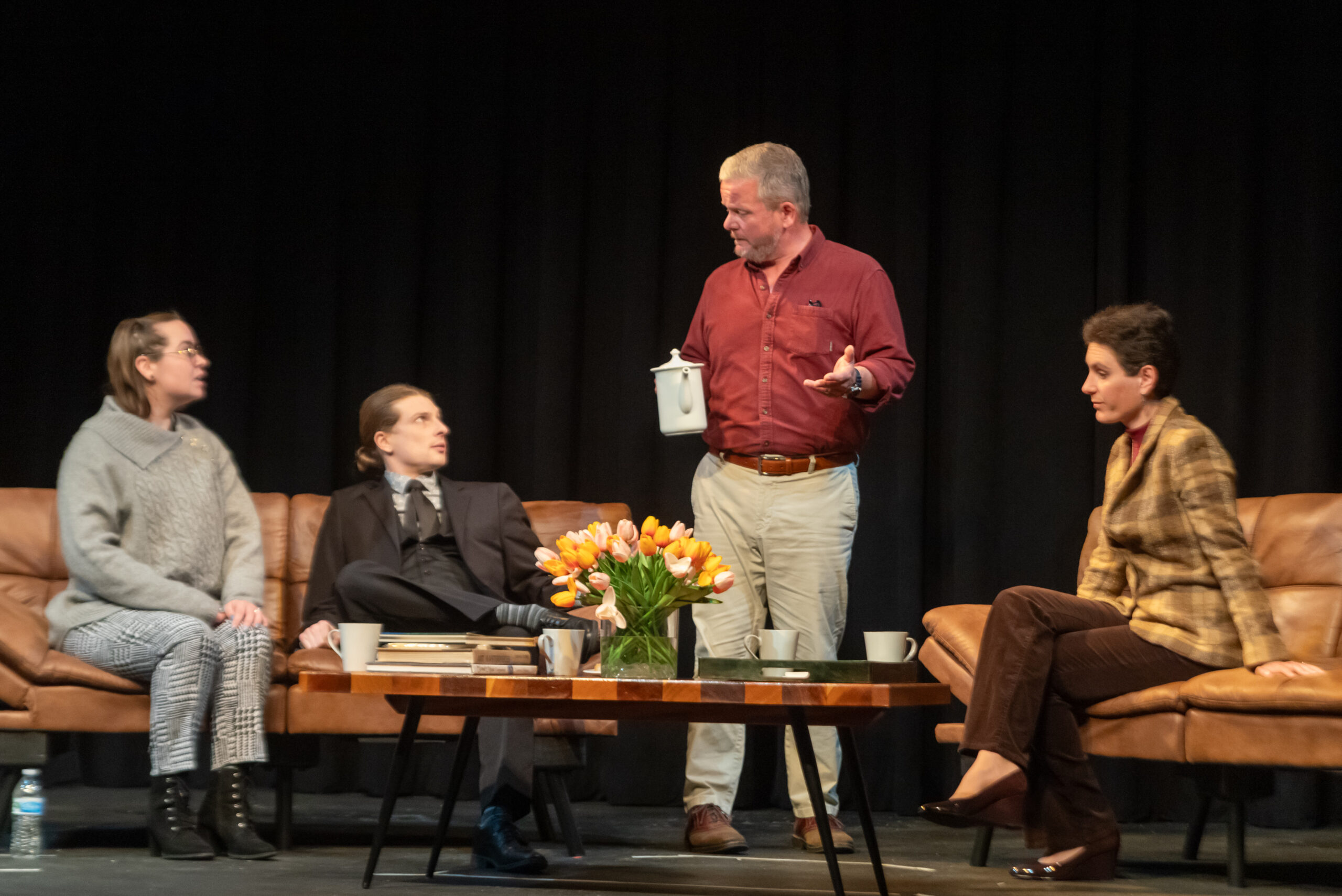The year 1965 was a very big deal in my life. I graduated from Easton Jr.-Sr. High School at what is now Easton Middle School across Peach Blossom Road from Easton YMCA and St. Mark’s United Methodist Church, where I attended Sunday school. My graduation date also corresponded with the Rolling Stones’ release of “(I Can’t Get No) Satisfaction.” And it was the time of my first paycheck in a career that spanned 55 years and still counting if you include my current free-lance forays. What I remember of that time and place is that entering the new Chesapeake Bay Maritime Museum was like wandering into the front yard of my grandfather’s farmhouse on Dutchman’s Lane. Only in this case, the lane was paved with pebbled stoneage.
Now, there’s a brand new gateway to the treasures of this museum dedicated to a way of life, a way of sustenance for landlubbers and watermen alike. My folks milked cows and grew corn. Here at the maritime museum, we celebrate those who harvested oysters and crabs–rockfish, too. What is new about the museum today is its entryway into a world most of us know, even lifelong Eastern Shore folks, only from restaurants and seafood aisles in supermarkets. I remember days when tides flowed out so fast that you couldn’t catch crabs fast enough to count. But we never did that for a living. We sold milk to Breyer’s ice cream on refrigerated trucks that hauled it back to Philadelphia. I was a farmboy and can’t tell you how I ended up reviewing musical theater, except that it was a lot less messy than milking 60 cows twice a day.
What I so appreciate about the brand-new Visitors Center of Chesapeake Bay Maritime Museum is that it invites you into this realm most of us know little about firsthand. You drive into the museum’s main entrance, and there’s a parking lot, of course, and on summer weekends, it may be filled to the gills, as you might say in fish parlance. The exhibit now on display for an entrance fee, “Water Lines: Chesapeake Watercraft Traditions,” gives you a sense of what it takes to make a living by this means or to enjoy the sport of sailing, racing, or whatever on the bay. After that museum-style introduction, walk out onto the campus vista in front of you – the St. Michaels Harbor and Miles River, from which the British couldn’t shoot straight because they aimed too high due to lighting that fooled them.
If you haven’t already done so, be sure not to miss the exhibit in the Steamboat Building just to your left as you exit the Visitors Center toward the harbor. “The Changing Chesapeake” is a wake-up call to what awaits us if we pay no attention to climate change. It’s a no-brainer to figure out that areas closer to sea level are at risk of inundation. It’s no exaggeration, for instance, that a quarter of Dorchester County will be under water within the lifetime of our next generation.
OK, so that’s a bummer for sure. But there may still be time to do something about it. And just to show what the historic spirit of St. Michaels is about, check out The Fool’s Lantern restaurant, paying tribute to the Revolutionary War diversion that spared the town of hostile onslaught. Talk about making America Great Again. Hey, you did that a long time ago, St. Michaels, so do it again. The sea is rising–time to rise again to the occasion.
***
For a very different sea-going adventure, here’s your chance to see the next big – possibly – musical Broadway hit, “Swept Away,” with music and lyrics by The Avett Brothers. This East Coast premiere with a book by John Logan, whose Broadway credits include “Red” about the artist Mark Rothko, is directed by Michael Mayer, a Tony winner for directing “Spring Awakening,” which also won John Gallagher Jr. a Tony for featured actor in a musical. Gallagher now stars in the lead role in “Swept Away,” based on the story of an ill-fated 19th-century voyage out of New Bedford, Mass., ending in unspeakable tragedy that may or may not offer a chance at redemption. The show runs through Jan. 14 at Arena Stage in Washington, D.C. A review by the Washington Post said “Swept Away” has “proved itself worthy of a Broadway christening.” For Gallagher, a native of Wilmington, Delaware, this would be his fifth Broadway credit in a leading or major supporting role.arenastage.com
As the fraught 2024 presidential season opens with the Republican-only Iowa caucus on Jan. 15, a commentator with a sharp sense of humor and a perspective from outside an exclusively American perspective may be just the ticket. Not that Trevor Noah is on anyone’s ticket for president or VP. As a native of South Africa, the TV star who succeeded Jon Stewart on “The Daily Show” is constitutionally ineligible for those offices. But Baltimore’s Hippodrome Theatre of the France-Merrick Performing Arts Center has just the ticket for his particular illumination, with shows running Jan. 11-14. Not that his commentary is apolitical. Noah offers an effectively non-partisan perspective, however socially relevant his views may be. Whether you agree or not, it’s refreshing to laugh at each other’s foibles and consider that disagreement does not make folks of an opposite opinion your sworn enemy.
france-merrickpac.org
***
Main Street Gallery in Cambridge opens the new year with an aptly named show called “Serendipity,” dictionarily defined as “unplanned fortunate discovery.” First, if you’re unfamiliar, Main Street in Cambridge does not exist. The town’s only artist-owned-and-operated gallery is located on Poplar Street downtown. “You may discover a beautiful painting at a significant discount,” says director Linda Starling, “or a unique piece of knitwear perfect for a cold winter day.” Whatever the serendipitous surprises, the show and sale runs Jan. 4-Feb. 25, with Second Saturday of the month events planned for Jan. 13 when the gallery will stay open 5-8 p.m. during Cambridge’s Ice and Oyster Festival, and again for the same hours, Feb. 10 for pre-Valentine’s observance. Light refreshments and a chance to hear artists present brief chats about their works will be part of both free winter receptions.
mainstgallery.net
***
“Come to the Cabaret” at Church Hill Theatre. No, this is not a preview performance of the John Kander and Fred Ebb masterpiece to be revived once more on Broadway in April. But it is a chance to support a worthy local theater company with a one-night-only performance by local artists in a cabaret-style show preceded by an open-bar cocktail hour. It begins at 6:30 with curtain an hour later for $50 admission. Unlike the Broadway “Cabaret,” no Nazis or gorillas allowed.
churchhilltheatre.org
***
If you catch Improv Easton’s free First Night Talbot show at 7:45 p.m. at the Avalon Theatre’s Stoltz Listening Room – you may be inspired to see if you’re up to the improvisational challenge yourself. The next “Try-It” night is 6 p.m. on Jan. 16. Sign up by emailing [email protected]. Follow Improv Easton on Facebook or Instagram.
Steve Parks is a retired New York arts writer and editor now living in Easton.


















